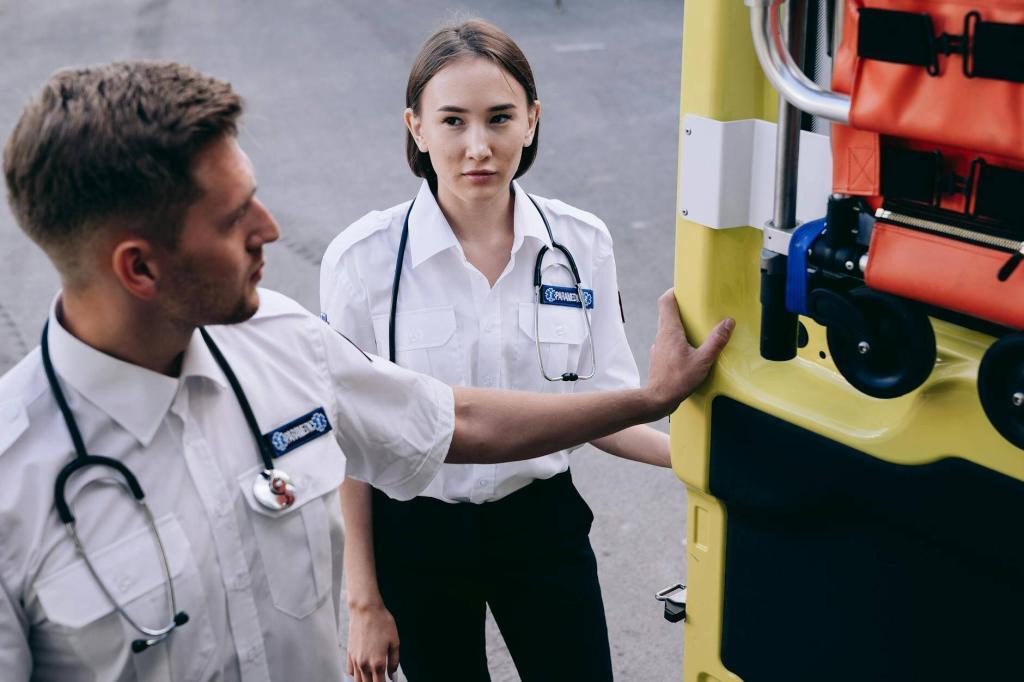Taking ona career in public safety means stepping into a role where helping others is your mission each day. However, it can bring intense physical and emotional challenges.
To truly thrive in high-stress roles, you must prioritize your well-being so you can continue to be there for yourself as well as the people who need you most. Let’s explore a few crucial pro-health tips for public safety professionals that can bolster your resilience while preparing you for the demands of your career.
Focus on Physical Fitness
Public safety roles require a strong body capable of handling grueling tasks. For firefighters, this could mean carrying heavy equipment or maneuvering through hazardous environments. To meet these physical demands, commit to a well-rounded fitness program.
Strength training, cardio, and functional exercises are all key components that’ll help you build the muscle necessary to handle heavy tools. Additionally, high-intensity cardio can improve your endurance during emergencies.
Pair this with healthy eating habits to fuel your body and promote recovery after rigorous training. Don’t overlook rest—aim for close to eight hours of sleep per night, as sleep deprivation can impair your physical performance and decision-making abilities.
Build Mental Toughness
Mindfulness techniques can improve how you handle job-related stress. Meditation, deep breathing, or journaling can help you develop focus and emotional regulation.
Supporting others in tragic and traumatic events can take an emotional toll on you that can even lead to burnout or compassion fatigue over time. That’s why caring for your emotional well-being is a necessary part of your career preparation.
Regularly debriefing and talking through tough experiences with counselors or trusted colleagues is a crucial pro-health tip for public safety professionals that can help prevent emotional buildup.
Additionally, it helps to develop hobbies or interests outside of work that provide a sense of joy and relaxation. Engaging in these activities will allow you to recharge and maintain a healthy perspective on your role.
Master Practical Safety Knowledge
Aspiring safety professionals should develop practical knowledge to enhance community safety. For instance, understanding how standard emergency egress systems in public facilities work is vital. Knowing some elements of fire escapes subject to inspection, including structural integrity, clear passageways, and proper signage, allows you to point out any weaknesses you observe to building managers.
You can build a long, successful career in public safety on the foundation of ongoing wellness. Be proactive in creating a self-care strategy that addresses your physical, mental, and emotional needs. Alongside mastering technical competencies, this holistic approach prepares you for the challenges ahead while helping you deliver your best to the communities that depend on you.

